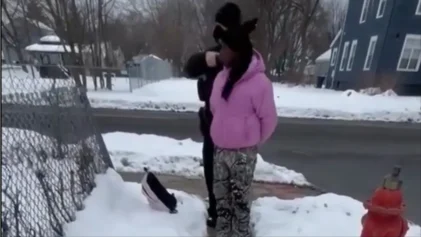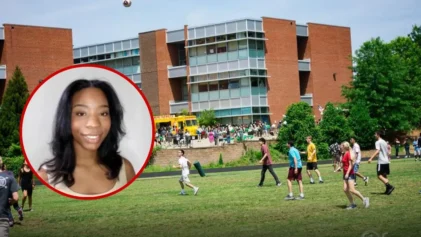A new study from the University of Minnesota School of Public Health determined increasing community connections between the police and the communities they serve could help reduce violent encounters.
The report came from data compiled from conversations with four sets of “stakeholders” about the issue: young Black men, their caregivers and teachers, police officers and staffers who work for organizations that serve youth.
They were asked to give reasons for violent confrontations between Black men and the police, identify how police interact with young Black men and talk about the officers who patrol their communities.
Based on the answers, researchers determined the police were disconnected from the people they are supposed to protect and serve. There is fear and distrust on both sides and racism is a factor in these confrontations. The study’s authors believe establishing positive relationships could alleviate the friction and save lives.
“Any organization that wants to address violent encounters between police and young black youth should note where there is common ground in perceptions because it’s going to take cooperation between groups — police officers, teachers, youth organizations, health care providers and others — to address the issue,” said University of Minnesota Ph.D student Collin Calvert, who led the study.
Calvert believes stakeholders should be prepared for disagreements while they seek common ground.
Based on existing research, the stakes are high. Last summer, a report by researchers at Rutgers University named police shootings as the sixth- leading cause of death for young men, per The Washington Post. Approximately 1 in 1,000 Black men are expected to die from police violence. These shootings account for 1.6 percent of Black male deaths, compared to 0.5 percent for white men.
“That 1-in-1,000 number struck us as quite high,” said sociologist Frank Edwards, who led the story. “That’s better odds of being killed by police than you have of winning a lot of scratch-off lottery games.”


